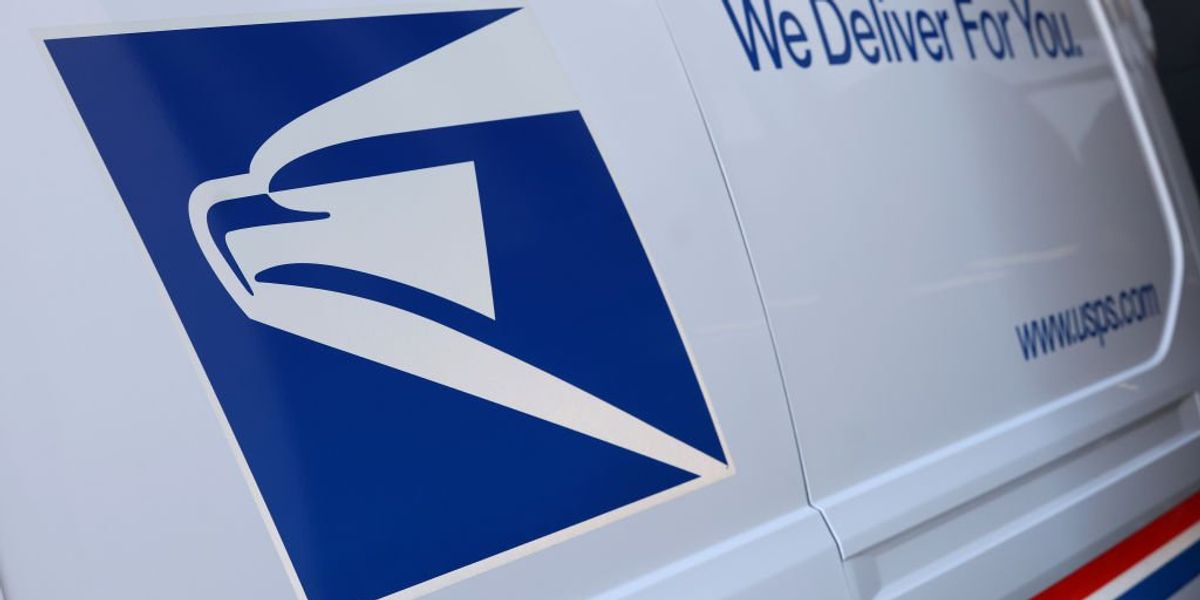Transparency and receiving even basic information about how the government is spending taxpayer money is critical and should be among the government’s top priorities. Unfortunately, this process is difficult and time-consuming.
While the Freedom of Information Act is supposed to give Americans a glimpse into the inner workings of Washington, D.C., the process has become more cumbersome. According to a March 2024 report released by the Government Accountability Office, the number of backlogged FOIA requests has grown from less than 100,000 in fiscal year 2013 to more than 200,000 in FY 2022. Federal agencies need to address this backlog immediately and work to communicate more consistently with the American people. Bureaucrats should not be in the business of hoarding secrets and hiding the truth from taxpayers.
The U.S. Postal Service might like to think it’s a spying agency, but as long as its core mission is delivering the mail, it needs to be more upfront with the American people.
FOIAs are not easy to write. There must be a specific ask and any misunderstood wording can be reason for denial or administrative purgatory. But, if worded correctly, Americans can receive specific information about the activities and communications of the federal government.
Agencies receiving FOIA requests ordinarily have 20 working days to process them. Even if an agency anticipates taking longer than that due to unusual circumstances, it must communicate that to filers and (eventually) allow filers to alter their request. However, this process breaks down when FOIA requests are simply added to a pile of unprocessed paperwork.
The GAO found in its report that more than 20% of all requests received are left unprocessed by agencies beyond any acceptable statutory time limit. The “Departments of Justice (DOJ), Homeland Security, Defense, State, and Health and Human Services (HHS) accounted for 80 percent of all backlogged requests” and receive about 80% of all new requests.
The Justice Department’s Office of Information Policy assists in the implementation of FOIA and directs agencies struggling to keep up with requests to create a backlog reduction plan. Yet, the “OIP does not specify what agencies should include in these plans so most have not included key elements. Of the 14 agencies directed to develop 2023 plans, two included goals and none included timelines for implementing actions.”
In addition to chronically backlogged agencies such as HHS and the Justice Department, some agencies are far too eager to deny any reasonable request that comes across their desk. In FY 2023, the U.S. Postal Service processed an astounding 4,104 requests for information and rejected the vast majority of them. The agency only issued 447 full responses and partially responded to an additional 749 requests. Nearly 3,000 requests, or about 70% of processed FOIA submissions to the agency, were completely rejected by the agency.
If the USPS held state secrets akin to the Central Intelligence Agency, such a high rejection rate might make sense. The agency might like to think it’s a spying agency, but as long as its core mission is delivering the mail, it needs to be more upfront with the American people.
The Taxpayers Protection Alliance Foundation has been trying hard to get secretive agencies such as the USPS to divulge their secrets. On February 2, TPAF submitted a FOIA to the Postal Service asking for basic information about the agency’s electric vehicle procurement costs and policies.
On March 8, the USPS delivered its (non)-response. TPAF received procurement contracts for EV chargers but with heavy redactions that obscured all relevant figures.
In addition to citing a slew of court cases to support its secrecy, the USPS stated, “[39 U.S.C. § 410(c)(2)] provides that ‘information of a commercial nature, including trade secrets, whether or not obtained from a person outside the Postal Service, which under good business practice would not be publicly disclosed’ is exempt from the disclosure requirements of the FOIA.”
In other words, the USPS can claim wide latitude to hide anything business-related even if taxpayers are footing the bill.
If it wanted to, the USPS could insist that this information be public. Taxpayers are regularly informed about the cost of contracts in other contexts across the government, and it doesn’t seem like the information would significantly impact commercial interests. Any minor annoyance faced by a company having to publish this information would surely be outweighed by its taxpayer-funded payday. But the USPS seems to relish in pretending it is the CIA and hiding basic information from the public.
Lawmakers and the Biden administration should insist that all agencies, especially secretive ones such as the USPS, embrace transparency and release basic financial information to taxpayers. They should also push for backlogged agencies to release concrete plans (including timetables) to process outstanding FOIA requests. There is no excuse for agencies to continue withholding information from the American people.
